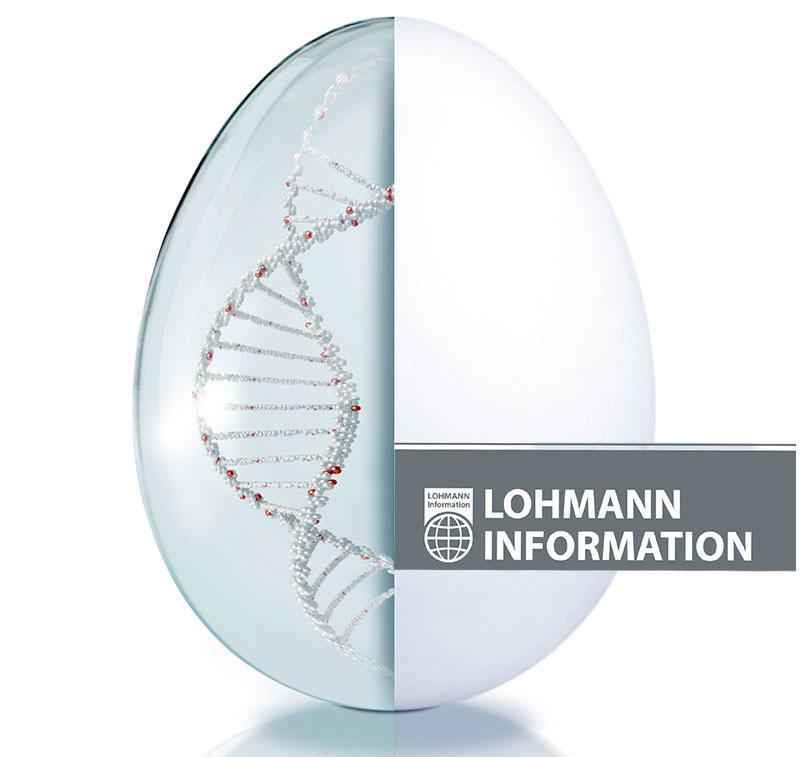
Drastic genetic changes have occurred in many commercial broiler lines during the last years with regard to performance. This genetic…

Introduction At the time a fertile egg is laid, there is already a small embryo floating on the yolk. The…

Summary Hatchability is of considerable economic importance for all hatcheries and therefore must be given appropriate attention in breeding programs…

Introduction The production of poultry meat continues to expand in Germany as in most other countries. Apart from aquaculture, it…

Introduction Between 1990 and 2009, global poultry meat production increased by over 50 mill. t or 123 %. No other…

Introduction Intact boars are rarely used for fattening, because consumers would object to the boar taint, which tends to develop…

Summary Foot pad dermatitis (FPD) is a common problem in growing turkeys. FPD is an animal welfare issue and accompanied…

Summary Keeping animals has become an issue of highly controversial debate. Ethical reflections on animal husbandry must address popular moral…
Et découvrez toutes les dernières nouvelles du secteur.